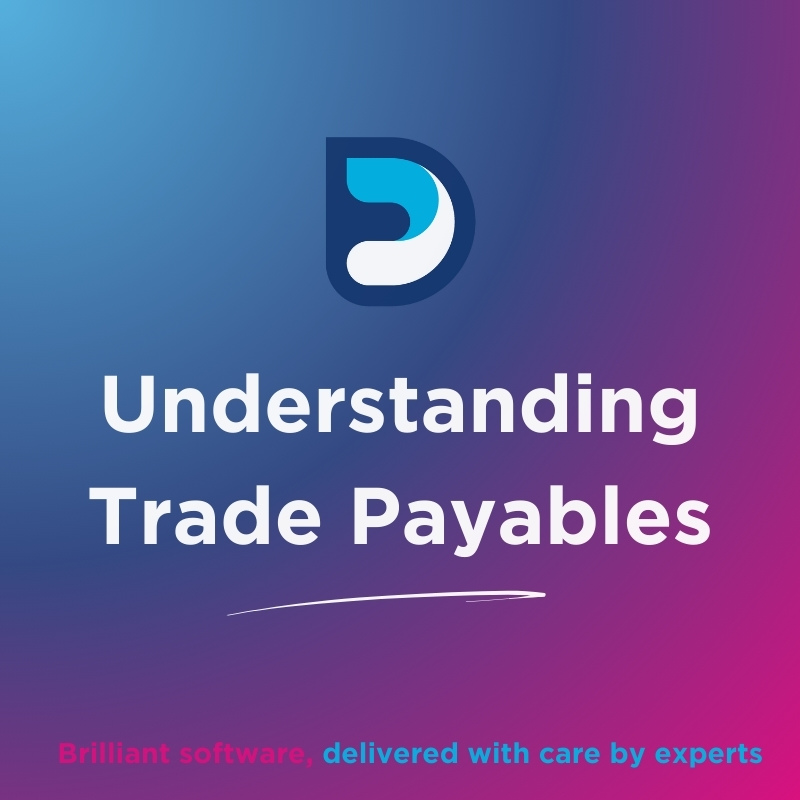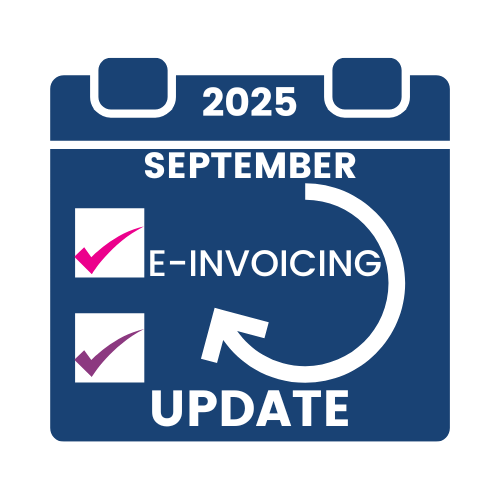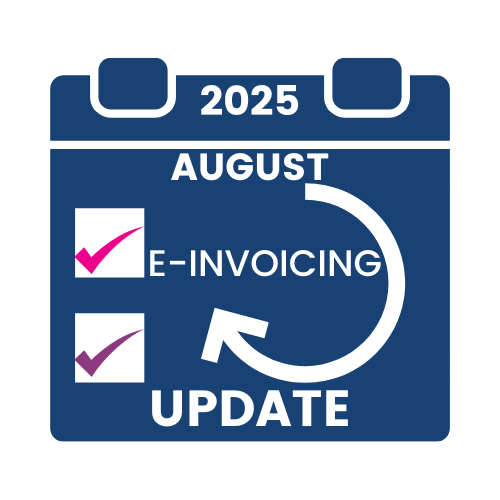Trade payables are a fundamental component of business operations, representing the amounts a company owes its suppliers for goods and services received on credit. Effective management of trade payables is crucial for maintaining a healthy cash flow, optimising working capital and building positive supplier relationships.
According to a 2021 report by the Institute of Finance & Management (IOFM), businesses with optimised accounts payable processes can reduce their processing costs by up to 81%, underscoring the importance of efficient trade payable management. Keep on reading to know more about trade payables!
What are Trade Payables?
Trade payables are short-term liabilities that arise from purchasing goods or services on credit from suppliers. They play a critical role in business cash flow and supply chain management – unlike other payables, such as salaries or taxes, trade payables specifically relate to operational transactions and are pivotal in maintaining inventory levels and ensuring smooth production cycles. They are also essential for managing liquidity and ensuring that the company can meet its short-term obligations without straining its financial resources.
Trade payables are significant in maintaining business relationships because timely payment can lead to favourable terms and early payment discounts, while delayed payments can strain supplier relations and potentially disrupt the supply chain. In essence, trade payables are a balancing act between preserving cash flow and maintaining good supplier partnerships.
Trade Payables and Accounts Payable – What’s the Difference?
While the terms “trade payables” and “accounts payable” are often used interchangeably, they have distinct meanings in accounting and financial reporting.
Accounts Payable
Accounts payable is a broader term that includes all short-term liabilities or obligations a company owes, encompassing trade payables as well as other payables like salaries, taxes, and utilities.
Trade Payables
Trade payables specifically refer to obligations arising from the purchase of inventory or services necessary for the business’s core operations. On the other hand, accounts payable can include various other short-term liabilities that are not directly related to operational procurement.
Trade Payables vs. Accounts Payable Example
Consider a manufacturing company that purchases raw materials from a supplier and receives an invoice with 30-day payment terms. This obligation is classified as a trade payable. In contrast, if the same company owes money for utilities or office supplies, these obligations fall under accounts payable but not trade payables.

The Advantages and Risks of Using Trade Payables
Understanding the advantages and risks associated with trade payables can help CFOs, accounts payable teams, and procurement managers make informed decisions and implement effective financial strategies.
Advantages
Improved Cash Flow Management
Utilising trade payables allows businesses to defer payments, thereby preserving cash for other immediate needs. This flexibility can be crucial for managing day-to-day operations and unexpected expenses.
Working Capital Optimisation
By extending the payment period, companies can optimise their working capital. This strategy helps maintain liquidity and ensures that funds are available for other investments or operational needs. However in todays trading environment, extending payment days in favour of optimising capital is frowned upon by suppliers and is detrimental to businesses that are liable for Government Prompt Payment Reporting.
Potential Discounts
Many suppliers offer discounts for early payments. Taking advantage of these discounts can reduce the overall cost of goods and improve profit margins. For example, a 2% discount for payment within 10 days on a 30-day invoice (2/10, net 30) can translate into significant annual savings.
Potential Risks
Interest Liabilities
Some suppliers may charge interest on overdue payments. These additional costs can negate the benefits of deferred payments and strain financial resources if not managed properly.
Supply Chain Disruption
Delayed payments can lead to strained supplier relationships, which might result in delayed shipments or a halt in supply. Consistent late payments can damage a company’s reputation and reliability.
Deterioration in Supplier Relationships
Maintaining good relationships with suppliers is crucial for long-term success. Frequent late payments can erode trust and lead to less favourable terms or the loss of key suppliers.
How Automation Can Improve the Trade Payables Workflow
Automation is a game-changer for managing trade payables, enhancing efficiency, accuracy, and transparency. Implementing automated solutions like Documation can streamline the entire trade payable process, from invoice receipt to payment.
Efficiency and Speed
Automation reduces manual data entry, accelerates invoice processing, and ensures timely payments. This efficiency minimises processing costs and allows the accounts payable team to focus on strategic tasks.
Accuracy and Compliance
Automated systems minimise human errors and ensure compliance with internal policies and external regulations. This accuracy is crucial for maintaining accurate financial records and avoiding costly mistakes.
Enhanced Reporting and Analytics
Automation provides real-time insights and analytics, enabling better decision-making. Companies can track payment patterns, identify bottlenecks, and optimise their trade payable strategies.
Improved Supplier Relationships
Automated systems facilitate prompt and accurate payments, enhancing supplier trust and securing favourable terms. Better relationships with suppliers can lead to improved supply chain reliability and cost savings.
Conclusion
Effective management of trade payables is crucial for optimising cash flow, maintaining supplier relationships, and ensuring the smooth operation of business processes. By understanding the distinctions between trade payables and accounts payable, and leveraging the advantages of automation, CFOs, accounts payable teams, and procurement managers can enhance their financial strategies and drive business success. Embracing automation not only improves efficiency but also positions a company for long-term growth and stability in an increasingly competitive market.
The implementation of automation solutions can significantly increase the efficiency of managing payables. Automated systems streamline processes, reduce errors, and ensure timely payments, which can improve the management of trade payables.





